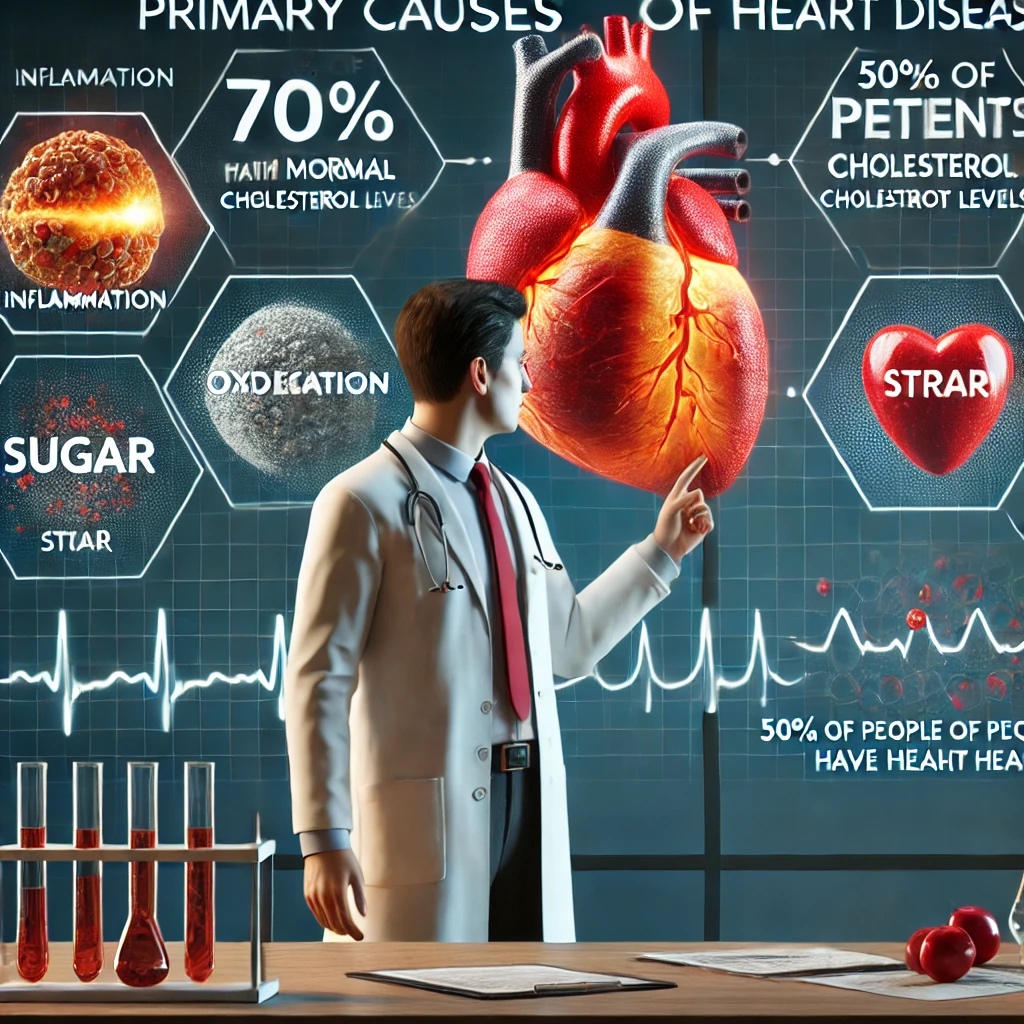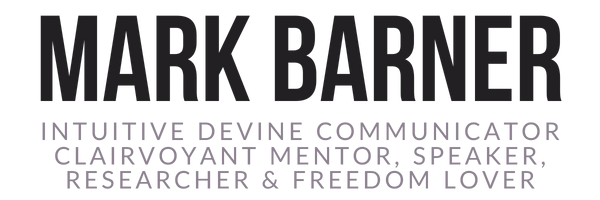What You Need to Know
Cholesterol has long been vilified as the main culprit behind heart disease, but what if I told you this isn’t entirely true? In reality, the primary causes of heart disease are inflammation, oxidation, sugar, and stress. Let’s dive into some eye-opening facts about cholesterol that might challenge everything you thought you knew.
High Cholesterol Doesn’t Cause Heart Disease
Contrary to popular belief, high cholesterol is not a direct cause of heart disease. A staggering 70% of people hospitalized for a heart attack have perfectly normal cholesterol levels . Furthermore, 50% of people with high cholesterol maintain healthy hearts . Lowering cholesterol has almost no impact on extending life expectancy. This makes you wonder, why is there such an emphasis on reducing cholesterol levels?
Cholesterol: Essential for Life
Cholesterol is vital for your body. It’s a fundamental raw material produced by your liver and brain, crucial for synthesizing vitamin D, estrogen, and testosterone . Without cholesterol, your body can’t function properly. Lower levels of cholesterol are linked to decreased cognitive performance and a higher likelihood of being hospitalized for infectious diseases . This fact alone highlights the importance of maintaining adequate cholesterol levels for overall health.

The Role of Coenzyme Q10
Foods high in cholesterol, such as red meat, contain Coenzyme Q10, a pivotal compound for heart health. However, statin drugs, commonly prescribed to lower cholesterol, deplete your body of this essential enzyme . This depletion can lead to a host of health issues, including muscle pain and weakness.
Real Steps to Reduce Heart Disease Risk
Rather than focusing on lowering cholesterol, consider these five actionable steps to reduce your heart disease risk:
- Don’t smoke.
- Limit alcohol intake.
- Engage in moderate to vigorous exercise daily.
- Eat low-glycemic foods, which help control blood sugar levels.
- Include plenty of omega-3 fats in your diet.
These lifestyle changes are far more effective in promoting heart health than merely reducing cholesterol levels.
The Cholesterol Industry Scam
The cholesterol-lowering industry is a significant profit center. In 2004, the National Cholesterol Education Program set optimal cholesterol levels. Shockingly, eight out of nine members of the board had financial ties to the pharmaceutical industry . This conflict of interest raises serious questions about the motivations behind cholesterol guidelines. Cholesterol-lowering drugs, such as statins, are among the most profitable medications on the market.
The Importance of Triglycerides to HDL Ratio
A more accurate predictor of heart disease is your triglycerides to HDL ratio. Aim for a number around two or less. A high ratio indicates a significantly greater risk of heart disease and insulin resistance . This ratio provides a clearer picture of your heart health than simply looking at cholesterol levels.
Final Thoughts
These facts about cholesterol might be surprising, and perhaps even infuriating, but they are crucial for understanding heart health. High cholesterol is not the primary cause of heart disease. Instead, focus on reducing inflammation, take supplements to support your health, managing stress, and maintaining a healthy diet and lifestyle. It’s time to re-evaluate the conventional wisdom surrounding cholesterol and heart disease.
References
- American College of Cardiology
- Journal of the American Medical Association
- Harvard Health Publishing
- Mayo Clinic
- National Institutes of Health
- British Medical Journal
- Cleveland Clinic
- National Cholesterol Education Program
- Circulation
Discover more from
Subscribe to get the latest posts sent to your email.
